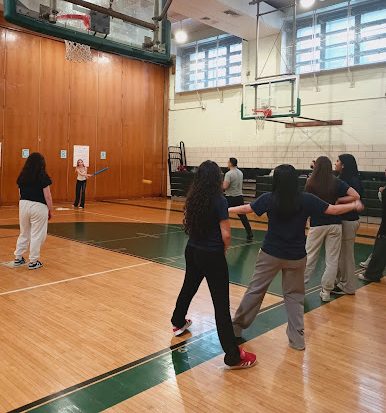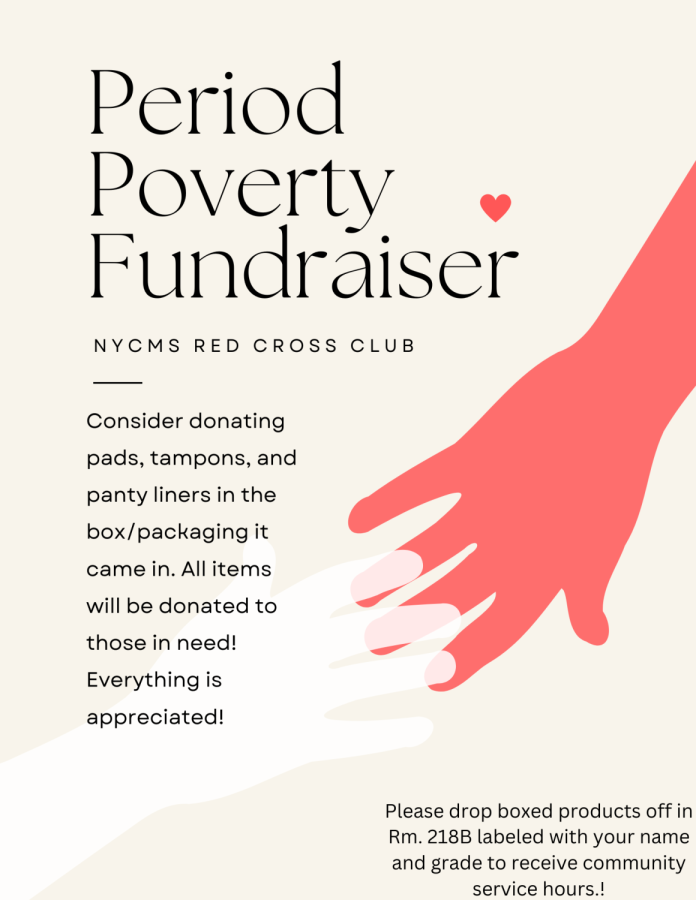Period Stigmas Affect All Women
March 28, 2023
A majority of women around the world have one thing in common—periods—seen as an annoyance to some women, and as a sacred symbol of femininity to others. For many young girls, periods are a right of passage and a bridge to adulthood. If this is a universal experience for women, why does society have such a hard time addressing it? Why do women struggle to obtain the proper resources they deserve?
Stigmas around periods are nothing new. The lack of education about women’s healthcare has had detrimental effects, leading many unable to properly take care of their bodies. According to a study by The Independent, nearly sixty percent of women are embarrassed to get their periods and lack the proper resources to act accordingly. Afraid to turn to others, they isolate themselves, ashamed over their condition in spite of its normalcy.
In previous decades, there was a common lack of information and conversation surrounding periods. As a result, harmful stigmas emerged that caused many people, including women, to view periods as impure, dirty, or gross. While this sentiment has decreased in recent years, remnants of these harmful stigmas have continued to leave an imprint on our society.
Anita Uddin, president of the Red Cross Club, and a junior, said she recognizes the stigmas that surround periods in her everyday life. “Anytime periods are mentioned, usually someone has something to say with a negative connotation or avoids the topic altogether.”
Women everywhere, including myself, feel these stigmas have led to a harmful view of periods and embarrassment of them. For this reason, it is crucial for everyone in our society to become more educated and on menstrual cycles, and why the idea that periods are gross is completely ridiculous to break this damaging perspective held in society.
Not only have these stigmas affected the education that women receive about their periods, but they have also fueled the intensification of the “Tampon Tax,” which heightens the price of menstrual products. As a result, up to 16 million women—mostly from minority and low income backgrounds—in the United States are unable to afford the proper products they rely on. These products are a basic necessity, as over a fourth of the population menstruates, yet the government fails to protect the interests of these citizens. If we follow this logic, menstrual products should be free.
Due to the nature of American politics, however, it’s unlikely this will happen in the foreseeable future. While society works toward this goal, a reduction in price of items such as undergarments, socks, and other hygiene products could be a more immediate solution and allow for people living in poverty to gain access to these crucial resources.
Altering American society to side with the lives of women is no easy task, but there are things that we can do to help ease this problem. For the month of March, the Museum Red Cross Club is holding a period poverty drive. Period poverty is defined as the unequal access to menstrual products and proper education.
To combat this issue, the Club will be collecting menstrual products to be donated to shelters. This will aid women in impoverished communities, who lack equitable resources to obtain these products on their own. By donating to the Red Cross Club’s drive, you can help in the fight for change by providing communities access to the adequate resources they deserve.




























